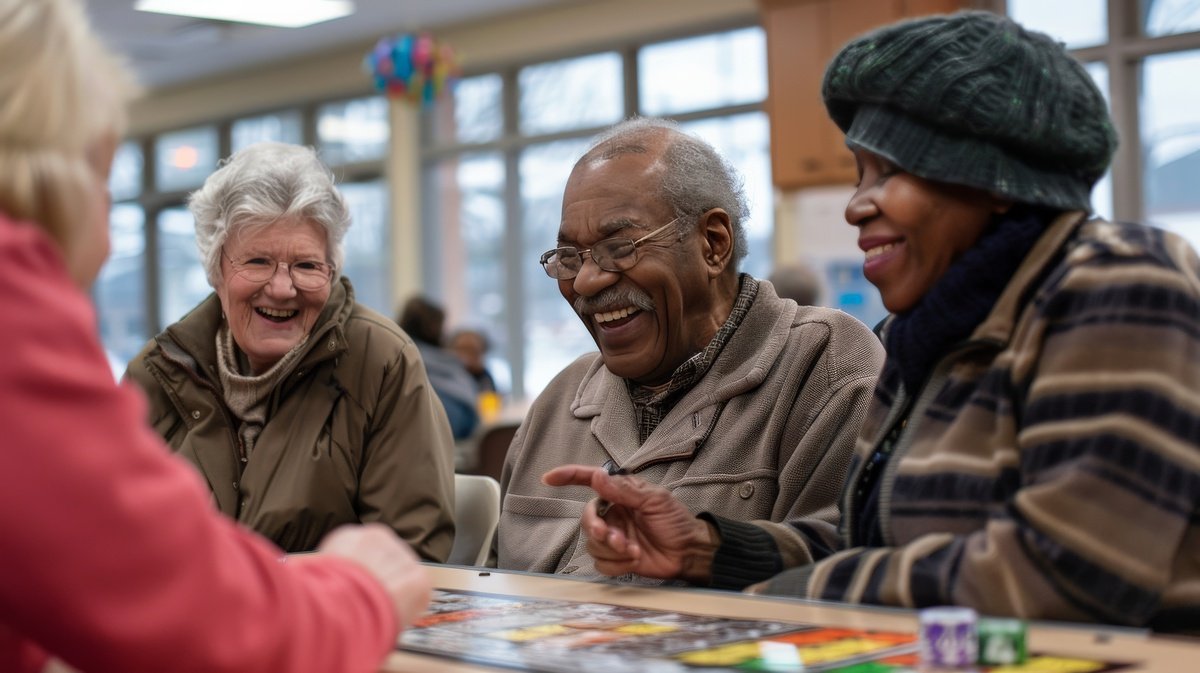Sometimes when I think about growing older, I worry that I may be lonely. Not having children to take care of, or a fulfilling career anymore may mean a lot of empty time, right? The latest research out shows that loneliness in older adults is actually the exception, not the rule. That’s great news, unless you or your loved one is one of the 30% of older adults experiencing loneliness. While loneliness is not considered a psychological condition, it often precedes conditions such as depression and anxiety. Research shows that our early teen years are often the peak of loneliness and then most adults experience less as they age until they reach their golden years when the percentages go back up. It makes sense. As we age, we change, and some of that change is in the form of loss. Whether it be our health, loss of our loved ones or our careers, aging forces us to rethink our day to day lives.
Psychologists say that behind the feelings of loneliness are often feelings of inadequacy and not knowing where we belong anymore. As we age and slow down, how can we find ways to contribute to the greater good and foster connections with others? These are the two most important factors in overcoming loneliness. It’s important for everyone, no matter what their age or abilities are, to feel a sense of connection with others and to feel that they are useful and enough. Think about the community you live in and ways you or your loved one could connect with others. Another big indicator of loneliness is feeling a sense of discord or upset with family or close friends. We need to feel connected to those who know us the best. The good news is that longitudinal studies of people suffering from loneliness often reported feeling less lonely when they were able to connect with others who cared about them on a regular basis. Think about ways to foster your relationships or those of your loved one.
Share This Article



